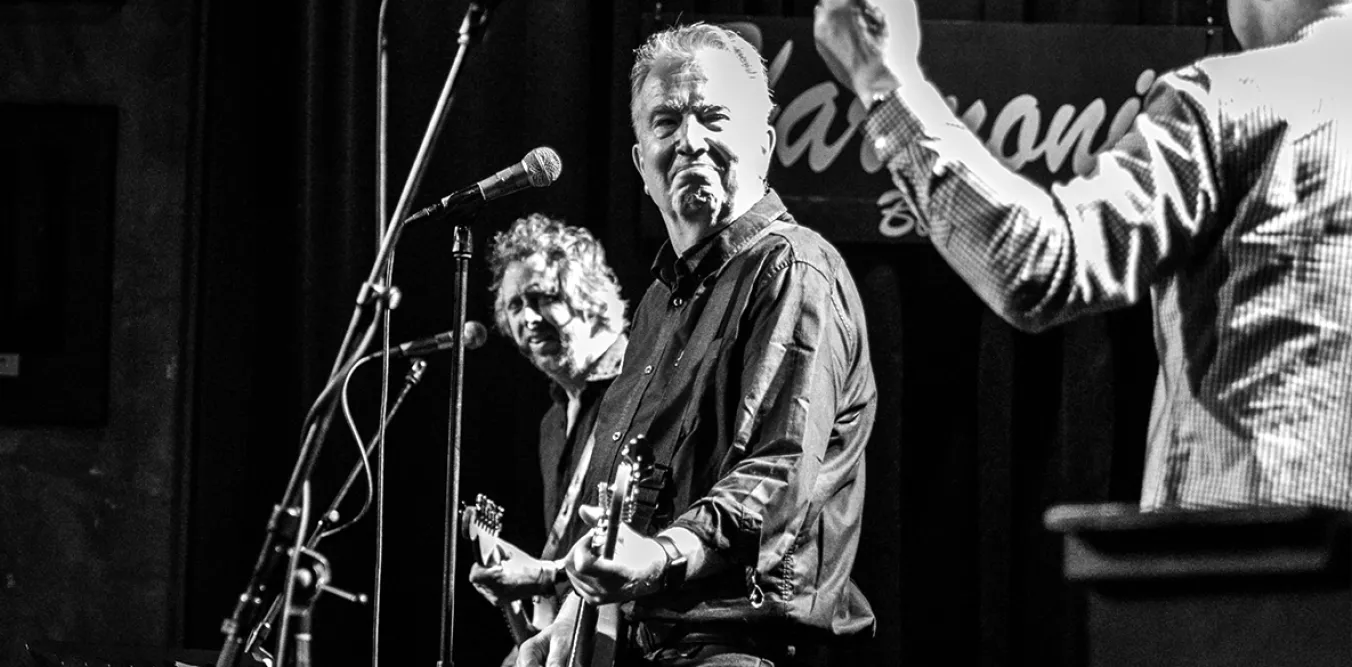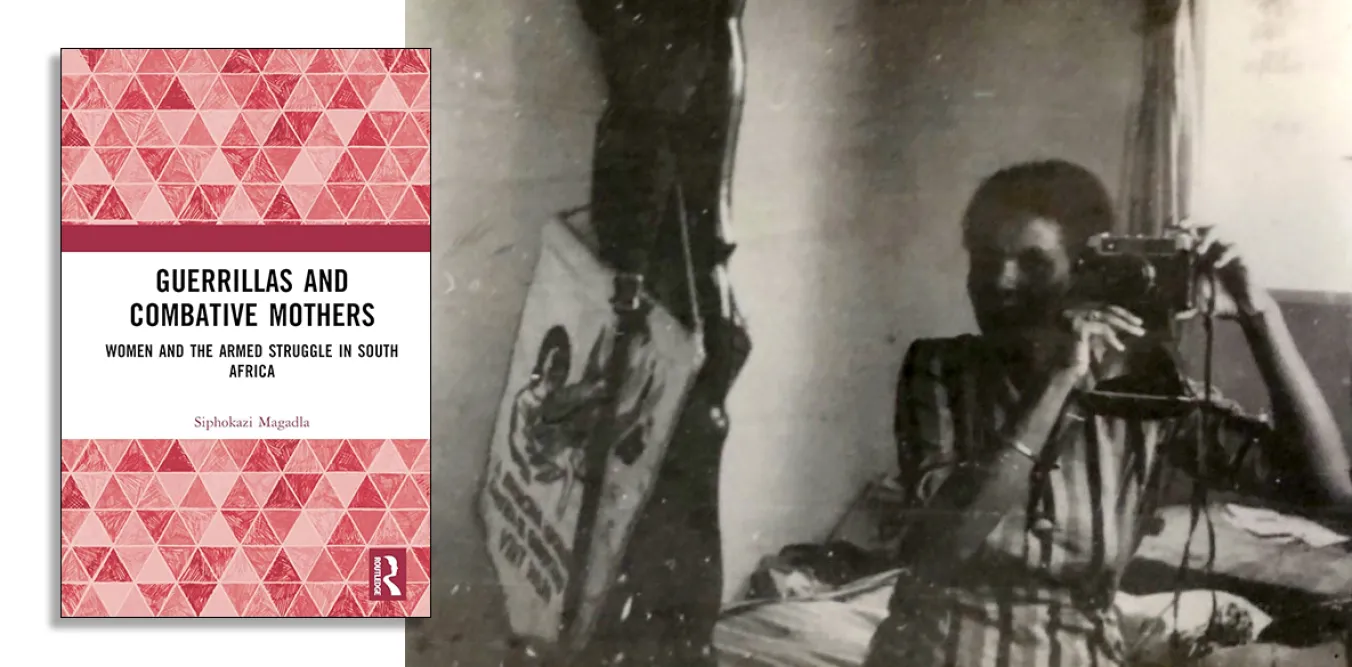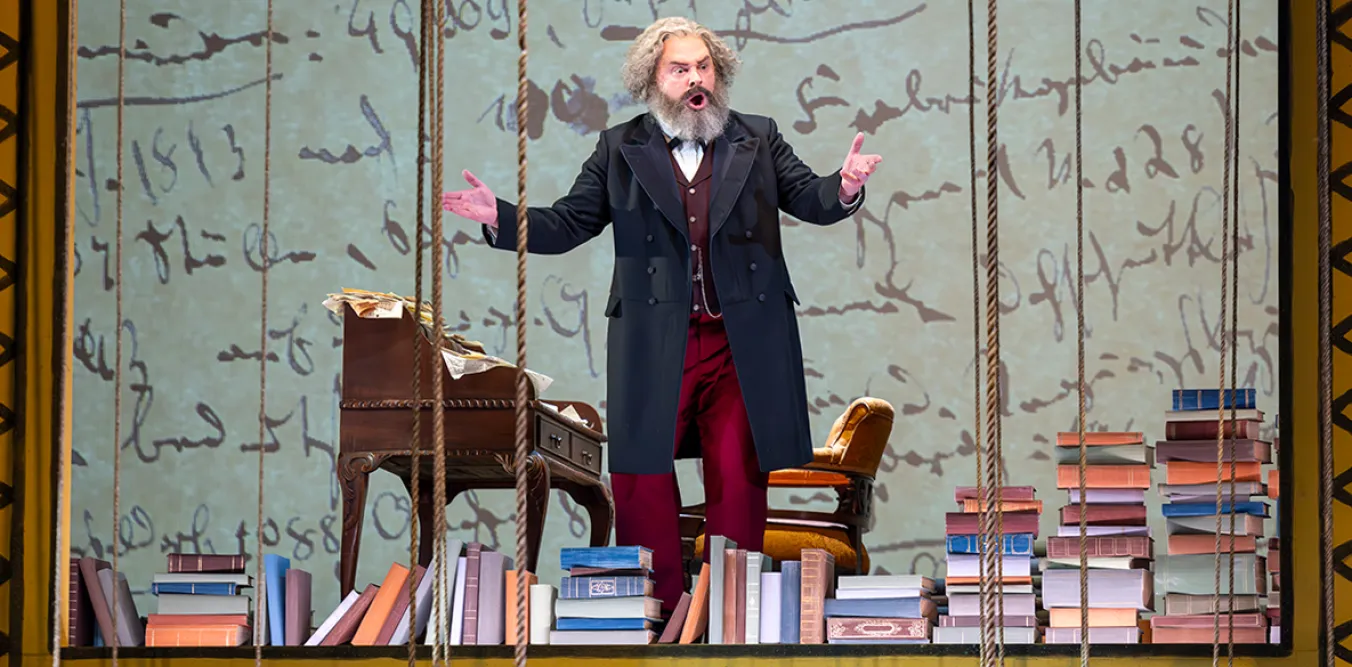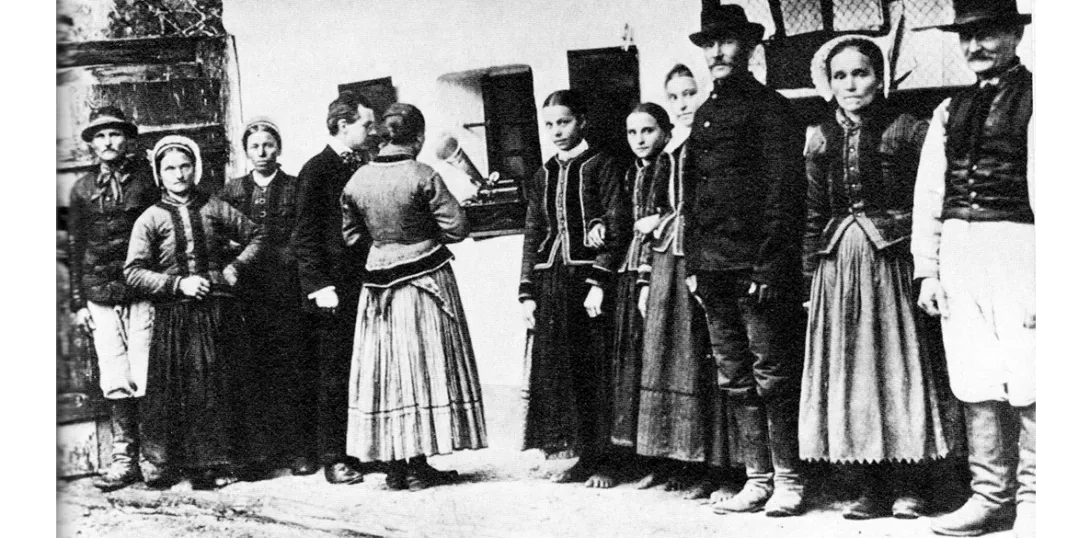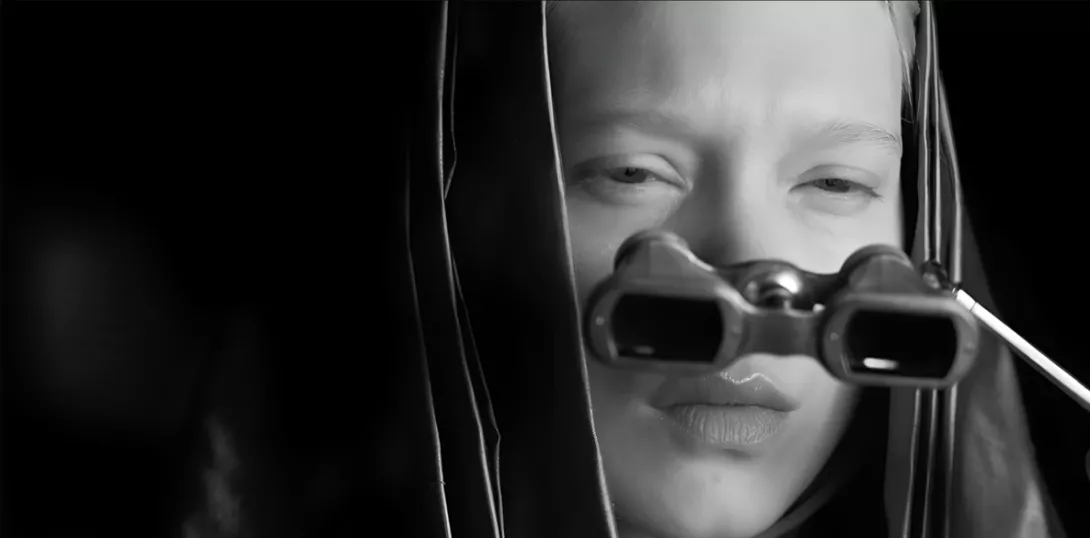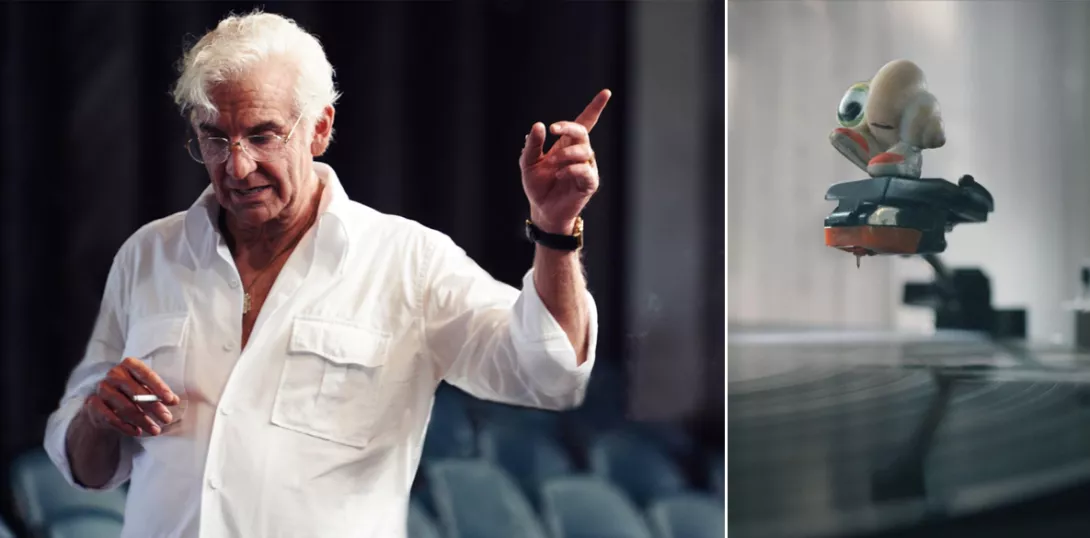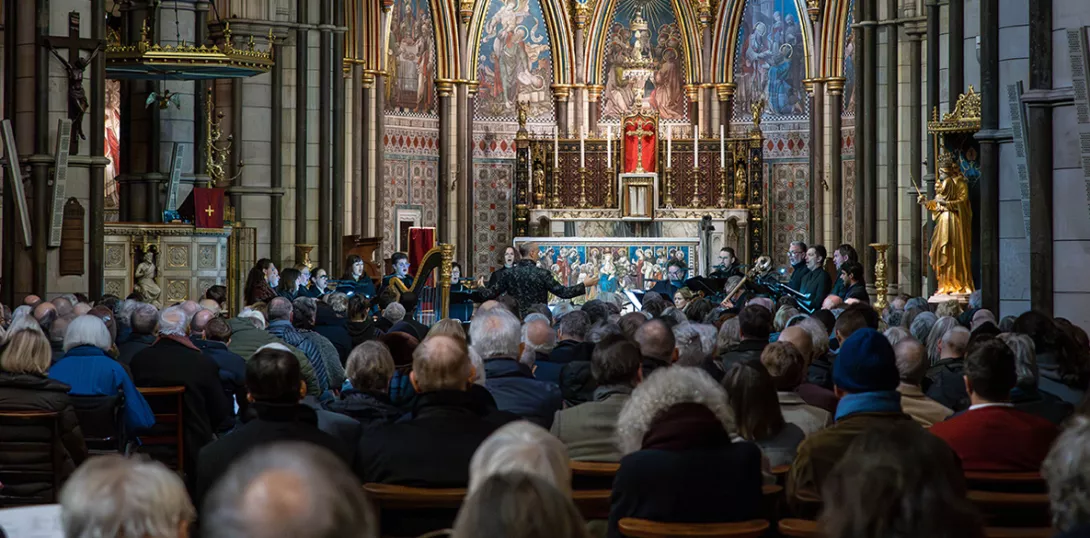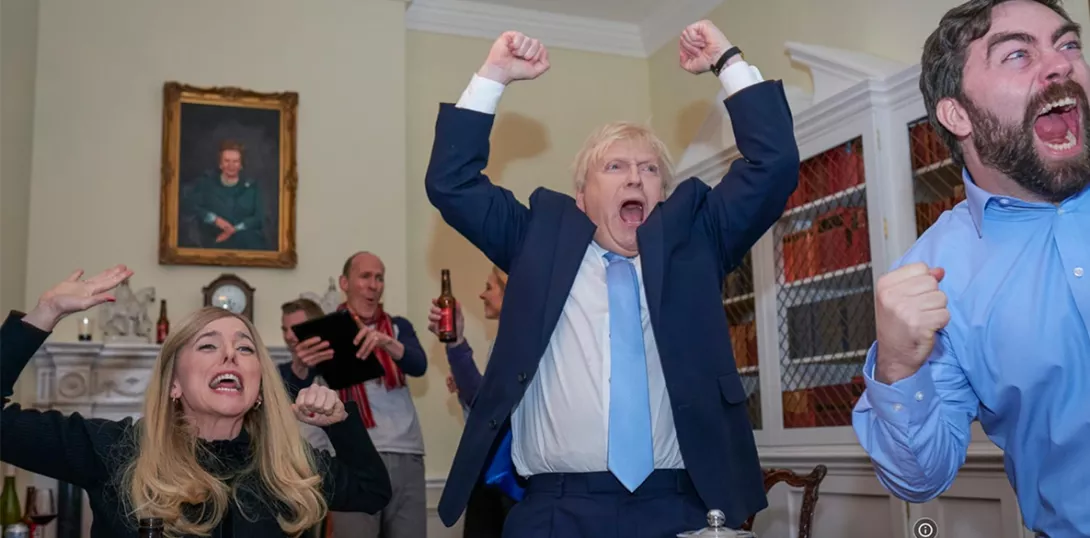
AMERCIAN series, which had led the world in both number, and in length and number of episodes, were severely cut back this year in light of a general retrenchment in the industry, a trend that will continue next year. Expect shorter series, fewer episodes and faster pulling of the plug so that the landscape begins to look more like that of already frugal budget-conscious series from around the world.
Of my Top 25 series this year, though many are “limited” series, many others have either been cancelled or have ended prematurely. Only six series are returning. First to go, of course, are series that are socially relevant. Heading the list of unconscionable cancellations are Alaska Daily, with Hilary Swank as a reporter helping to lay bare the local power structure and, oddly, Walker Independence, a Western sequel that focused more than most not only on frontier prejudice but also the power of the railroads and Eastern capital in the development of the West.
The most egregious cancellation though was Warner Brother Discovery’s decision to refuse to air, after it had already been shot, season four of Snowpiercer, Boon Joon-ho’s nakedly anti-capitalist climate catastrophe series.
My top 10 are:
Love and Death
(Prime)
“I’m just a soul whose intentions are good” goes the Eric Burdon theme in a gospel rendering in this series with a stunning Elizabeth Olson as a Texas suburban housewife who in the dawning of the Reagan era awakens and wants something more than the dull, drab existence to which she is confined. She chooses to have an affair which releases all kinds of tensions within her and this extremely repressed town, which is Anytown America, then and now. Writer/Director David E Kelly (Big Little Lies, Goliath) is at his most extraordinary in a masterpiece of empathy for a woman craving freedom, carved from the most exploitative of genres, True Crime. The series ends with the word “Shh,” a shushing and directive to maintain this repression.
This England
(Apple TV)
Michael Winterbottom’s expertly rendered account of the British state during Covid is a pean to the British working-class health administrators, and to the colonial minority and aged victims of despicable policy management. Kenneth Branagh as Boris Johnson, obsessed with Shakespeare and Churchill but utterly blind to the plight of his real countrymen and women, illustrates the way, not only during Covid but since, Western leaders are utterly cut off from their constituents. Dominic Cummings (Simon Paisley Day), Johson’s adviser, who had put across Brexit, is full of callousness and contempt for the jewel of the British welfare system, the National Health Service, wanting, as a good neoliberal, to clean house and privatise. The critique in this marvelous mini-series extends far beyond Covid as it figures the greedy malaise that is turning Western voters faster and faster to the far right. Beyond prescient.
The Good Mothers
(Hulu)
This tale follows the efforts of three brave women in the south of Italy, in Calabria, who sometimes forcefully, sometimes reluctantly, take on the male violence and “omerta” or silence of the local mafia, the ‘Ndrangheta, with sometimes liberatory but often tragic results. Unlike most mafia series which focus on physical violence, this one concentrates on the emotional violence used to maintain this power. When brutal force is invoked though it comes as such a surprise that it drives home the way one underlies the other. Superb series about resisting entrenched male power.
Alaska Daily
(Prime)
Hilary Swank is excellent as a no-holds barred reporter, dedicated to telling the truth and opposing corruption for which she has been exiled to a local Alaskan daily. One wishes there were even a single Hilary Swank left in the corporate media and her exile illustrates what happens these days to truth tellers. The series main line is about a murdered indigenous woman. Along the way the series also highlights bribery in that state involving its politicians and media to open up protected Alaskan land for mineral exploitation. A series far too good and explicit about actual power relations both in the state and in the media to survive and indeed it was cancelled after one glorious season.
Little Bird/Bones of Crows
(Prime)
Two Canadian series which deal with the same subject matter, the ethnic cleaning that continues to this day of that country of its indigenous population. The first is an intimate portrayal of one woman, wrenched from her family by the Canadian state, as she wakes to her heritage and attempts to surmount the obstacles in her way that maintain this suppression. Her awakening is painful and in one instance at least tragic but it is presented with painstaking clarity. The second covers a longer history of this forced march of cultural genocide from before World War II to the ’60s and in a way fills in the gaps of the first series with Reservation Dog’s Paulina Alexis as the most shipwrecked victim of this systemic abuse.
Nordland ’99
(Mubi)
This Danish series set in the not-to-distant past gives us a glimpse of maximal creativity within the new constraints of series austerity. A less than half-hour format shot in rural exteriors with its eerie Twin Peaks air of menace created through nighttime effects like the swaying of the wind in the forest. Its subject also recalls David Lynch’s masterwork as three teens search for their missing compatriot and uncover a dark adult world that threatens to engulf them but that by remaining true to themselves they survive. Extraordinary work by series creator Kasper Moeller Rask.
The Last of Us
(Max)
This next zombie apocalypse, after The Living Deads, is much meaner with fascists both in the organised government and power structure as we have today’s Biden Neoconservatives, and street fascists outside in the form of Trump-like racist Kansas City vigilantes with the only respite being a socialist community, “a true democracy,” encountered by the battle-hardened warrior leading a young girl who could perhaps save the world. Episode 3, nominated for multiple Emmys, is a self-contained survivalist love story that illustrates the concentration in this series, whose crude source is a digital game, on character at the expense of the infrequent appearances by the genre’s staple, zombies. Only in the last episode does the series veer into a zombie and human kill zone and succumb to the temptation to return to its gamer origins.
Rest in Metal, Episode 4, Poker Face
(Peacock)
The rest of this series is a slightly above average remake of Columbo here replaced by Natasha Lyonne’s heavy metal waif in episodes that alternate between being clever and gimmicky as the character Charlie Cale closes in on her quarry. However, Episode 4 rises way above the rest as Chloe Sevigny’s down-and-out rocker, who will do anything for a return to her glory days, lays bare the emptiness behind the music industry’s star making and star breaking machine. Extraordinary work from a peerless actress.
Killing County
(Hulu)
Blacklisted footballer Colin Kaepernick produced this documentary series about Bakersfield California where the sheriff and his men kill with impunity and then cover up the murders with their control over the coroners’ office and their presenting the victims as hardened criminals. Utterly different from most “True Crime” reality series which simply and blindly cover up police violence. Here the patrolling and in some cases eliminating of a Mexican population by Caucasian cops is held up to scrutiny instead of lauded.
Thicker Than Water
(Netflix)
Netflix French series about racial tensions in French society as an Algerian TV reporter is promoted to anchor but then must endure the slings and arrows of a racist white power structure in order to maintain her fragile position. Most telling is an early scene where she is told she must straighten her natural curly black hair and dye it blonde. She conforms and gets in an elevator full of white women with the same blonde streaks, all now ascending the corporate ladder. Nawell Madani as showrunner, writer, and star manages to highlight Algerian sisterhood and contrast it with more cutthroat standard French careerism.
